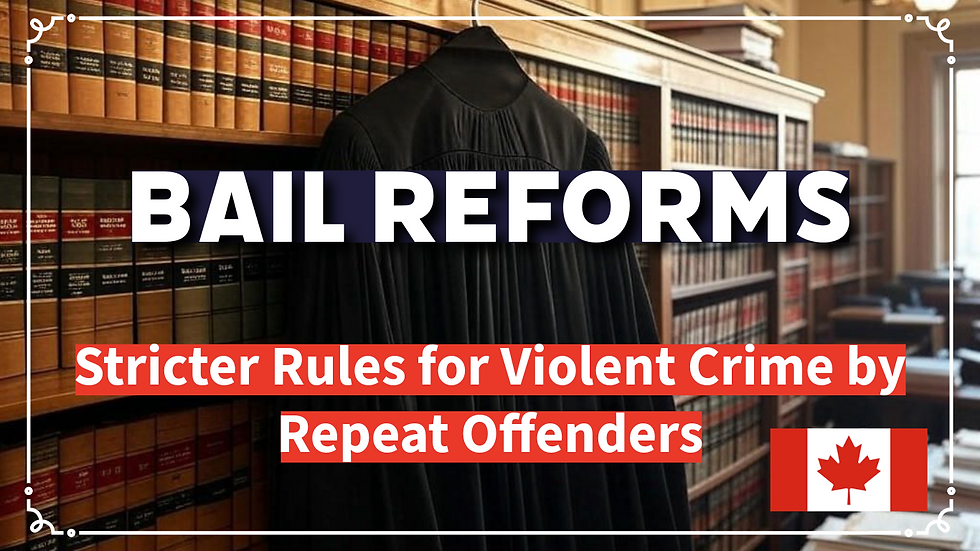Electoral Bond Scheme and Supreme court
- M.R Mishra

- Nov 2, 2023
- 2 min read
The five-judge Constitution bench, led by Chief Justice of India (CJI) Dhananjaya Y Chandrachud, further observed that striking down the EB scheme would not mean pushing political donations to the era of unaccounted cash and black money because the government is not precluded from coming out with a “transparent scheme or a scheme which has a level playing field”.
As it heard a batch of petitions challenging the validity of the EB scheme, the bench questioned the government over the scheme’s confidentiality clause that prevents the public or even the shareholders of a donor company from accessing the details of contribution to political parties.
Introduced in 2018, EBs are issued by the State Bank of India (SBI) and donations by corporate and even foreign entities through Indian subsidiaries get 100% tax exemption while the identities of donors are kept confidential both by the bank and the recipient political parties.
The public sector bank, however, is obligated to disclose the details following a court order or a requisition by the law enforcement agencies.
The problem with the scheme is that it provides for selective anonymity. It’s not completely anonymous. It’s not confidential qua SBI or the law enforcement agencies. So, a large donor will never take the risk of buying these bonds for tendering it to a political party. All that a larger donor needs to do is to disaggregate the donation to several people who will purchase the EB with small amounts through official banking channel. A large donor will never put his head on the line by being in the books of account of SBI. This is what the scheme is capable of because it provides for selective anonymity,”
the bench told solicitor general (SG) Tushar Mehta, who appeared for the Centre, defending the scheme.
Electoral bonds "provide (only) selective anonymity... confidentiality" since purchase records are available with the State Bank of India and can be accessed by investigative agencies, the Supreme Court noted Wednesday, as it responded to the government's argument that absent provision for anonymous donations, a large volume of political funding could revert to black money. The court was conducting a second day of hearing of challenges to the legal validity of the electoral bonds scheme
"If I gave to Party 'A' and Party 'B' formed the government, I'd (fear) victimisation... so safest course was pay cash. Practicality requires... so I'm not victimised. So, my clean money, is converted to black money... and that is disastrous for the economy," Solicitor General Tushar Mehta argued.
The provision for anonymous donation, therefore, is needed to protect donors from "victimisation and retribution", if the party they did not donate to won the election, the government argued.
Refrence:
htps://www.google.com/amp/s/www.hindustantimes.com/india-news/electoral-bonds-fail-to-provide-a-level-playing-field-top-court-101698864933221-amp.html






Comments